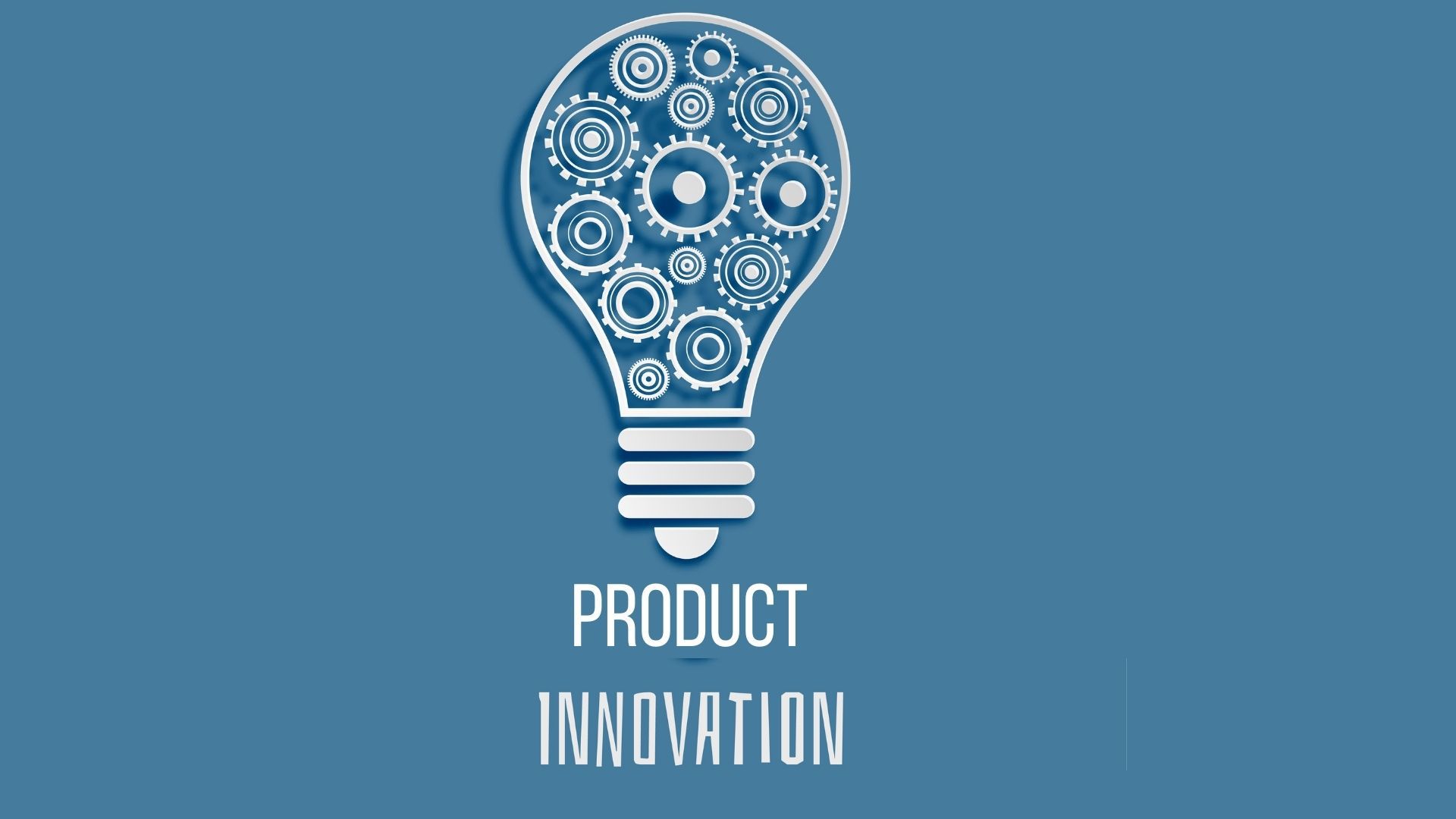Understanding Data Privacy: Importance, Challenges, and Best Practices for 2025
What is Data Privacy? Data privacy refers to the handling, processing, storage, and protection of personal information in a way that respects individuals’ rights to control how their data is collected, used, and shared. Personal data can include anything from basic details like names and addresses to sensitive information like health records, financial details, and browsing history.
Why is Data Privacy Important?
- Protection Against Identity Theft: Personal data can be misused for fraudulent activities, including identity theft. Securing sensitive information helps prevent such risks.
- Consumer Trust: With https://digitalmarketing-tips.info being a growing concern, businesses that prioritize customer data protection build trust and improve their reputation.
- Legal Compliance: Regulations such as the GDPR (General Data Protection Regulation) in Europe and CCPA (California Consumer Privacy Act) in the U.S. demand strict data protection measures. Non-compliance can result in hefty fines and legal consequences.
- Preventing Data Breaches: Data breaches can expose valuable personal information to cybercriminals, leading to financial loss, reputational damage, and legal action.
The Growing Challenges of Data Privacy As the volume of data generated by users increases, so do the risks associated with it. Here are some of the key challenges businesses and individuals face in maintaining data privacy:
- Rising Cyber Threats: Hackers are constantly evolving new techniques to breach security systems. Malware, phishing attacks, and ransomware are just a few examples of tactics used to access private information.
- Data Tracking and Surveillance: Many online services track users’ behaviors, collecting personal information for targeted advertising. While this may be convenient, it raises concerns about user autonomy and the potential misuse of personal data.
- Third-Party Data Sharing: Many companies share or sell user data with third-party services. This practice may be opaque to users and leaves their data vulnerable to exploitation.
- Inadequate Encryption: Poor data encryption can expose sensitive information to unauthorized parties. Without strong encryption protocols, businesses and individuals risk having their private data compromised.
Best Practices for Data Privacy in 2025 To mitigate risks and enhance data privacy, both individuals and businesses need to adopt effective practices. Here are some essential steps to safeguard personal information:
-
Use Strong Passwords and Multi-Factor Authentication: One of the simplest yet most effective ways to protect data is through strong, unique passwords and multi-factor authentication (MFA). MFA adds an extra layer of security by requiring users to provide multiple forms of verification before gaining access to their accounts.
-
Encrypt Sensitive Data: Encryption is crucial for ensuring that personal information remains unreadable to unauthorized individuals. Both businesses and individuals should use encryption tools when storing or transmitting sensitive data.
-
Data Minimization: Businesses should collect only the necessary data for their operations. Limiting the amount of personal information gathered reduces the risk of exposing sensitive details in the event of a breach.
-
Regular Software Updates: Keeping software, including operating systems, applications, and security tools, up to date is vital to protect against vulnerabilities that hackers may exploit.
-
Adhere to Privacy Regulations: Compliance with privacy regulations such as GDPR and CCPA is essential for businesses. These laws provide guidelines on how personal data should be handled, stored, and shared. Organizations must implement the necessary measures to meet these standards.
-
Use Privacy-Focused Services: Choose platforms and services that prioritize privacy. Many alternatives to popular services (like privacy-focused search engines, browsers, and email providers) exist, which minimize data collection and surveillance.
-
Educate Employees and Users: Data privacy education is essential for businesses. Employees should be trained on best practices for handling personal data, and users must be made aware of their rights to protect their information online.
Data Privacy Laws to Watch in 2025 As data privacy concerns continue to grow, governments worldwide are enacting or updating legislation to protect consumers. Some notable data privacy laws include:
- General Data Protection Regulation (GDPR): Implemented in the European Union, the GDPR is one of the most comprehensive data protection laws in the world. It imposes strict rules on how personal data is collected, stored, and used.
- California Consumer Privacy Act (CCPA): The CCPA grants California residents greater control over their personal information. It mandates transparency from businesses regarding data collection and allows individuals to opt-out of the sale of their personal data.
- Brazilian General Data Protection Law (LGPD): Similar to the GDPR, Brazil’s LGPD aims to protect the personal data of Brazilian citizens and ensure transparency in data processing.
The Future of Data Privacy As we move further into 2025, data privacy is likely to become even more complex. Emerging technologies, such as artificial intelligence (AI), machine learning, and the Internet of Things (IoT), will increase the amount of personal data generated, posing new challenges for businesses and individuals. Additionally, evolving privacy laws and regulations will likely introduce new compliance requirements.
Conclusion: Data privacy remains a fundamental concern for individuals and organizations in 2025. By adopting robust security measures, staying compliant with privacy laws, and being vigilant about the handling of personal information, we can safeguard data and protect individual privacy. As technology advances, it’s crucial to keep up with the latest best practices and legal requirements to ensure a secure digital environment for all. Prioritizing data privacy isn’t just a legal or ethical obligation – it’s essential for building trust and securing a better, more transparent online future.







